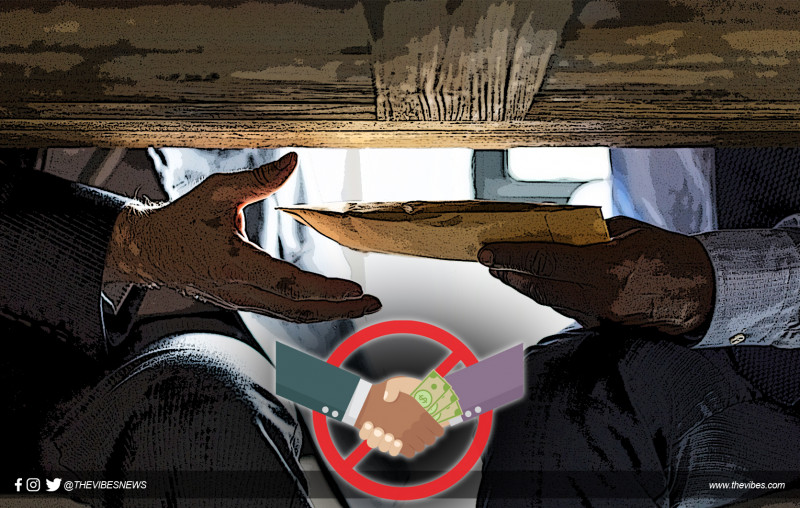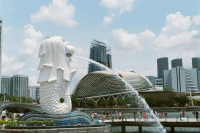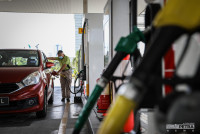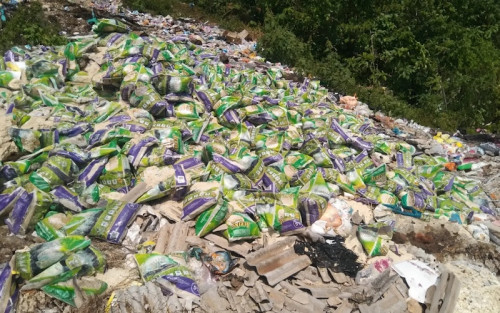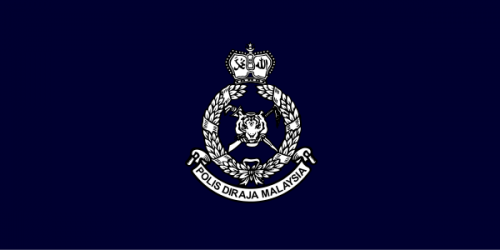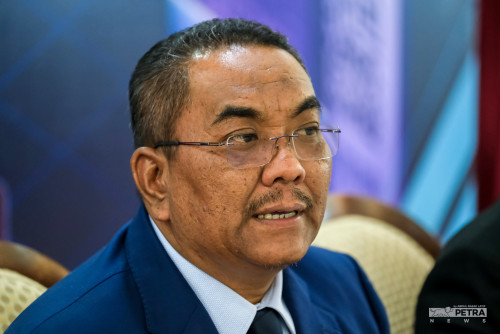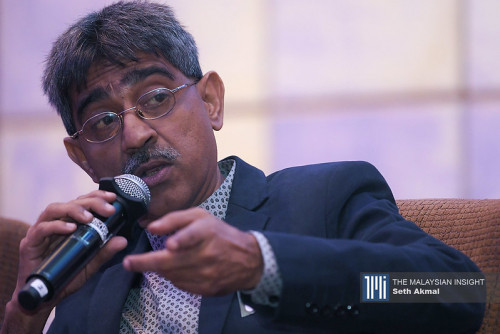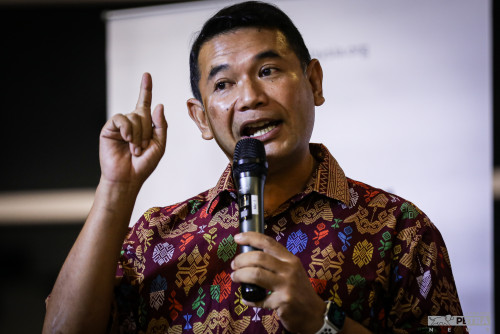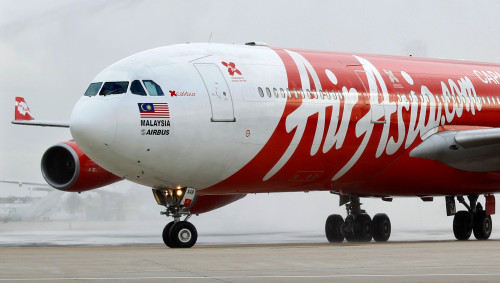KUALA LUMPUR – Malaysia has dropped six places in graft watchdog Transparency International’s Corruption Perception Index (CPI), from 51 in 2019 to 57 in 2020.
Releasing the findings of the Corruption Perception Index 2020 today, Transparency International Malaysia (TI-M) president Muhammad Mohan said the country’s score on the index dropped two points from 53 in 2019 to 51 last year, while the country’s ranking slipped six places.
He said the score was assessed by nine sources, including the Economist Intelligence Unit Country Risk Service, Global Insight Country Risk Ratings 2019, and the World Economic Forum Executive Opinion Survey 2019.
He said among the sources that gave lower assessments for Malaysia in 2020 compared to 2019 were the Varieties of Democracy (V-Dem) 2020, and Political and Economic Risk Consultancy Asian Intelligence 2020.
Among Asean countries, Malaysia remains third while Brunei is in second place and Singapore in pole position. Overall, both countries ranked 35 and 4 respectively.
Muhammad said statistically, the two points drop from 53 to 51, is not significant as the margin of error was at 1.6 points.
“The reason why the rank has dropped six steps is because other countries have either maintained or done better than us,” he said when announcing the findings during a virtual conference this afternoon.
“So in terms of score we may be two points below from the previous assessment (2019), but in terms of rank we have dropped a lot but that is because others have done well. So we can rebound, there is a very good possibility that we can rebound.”
However, he said such a rebound required the country to “do our part”.
“We have to ensure greater transparency and disclosures of information and so on.”
Muhammad said the drop in rankings is not the worst dip seen over the recent years, but he believed Malaysia can do better.
The score is based on a scale from 0, perceived to be highly corrupted, to 100 which is perceived to be very clean.
Of the 180 countries surveyed, “clean” countries Denmark and New Zealand topped the index with 88 points each, while Syria, South Sudan and Somalia are at the bottom with 14, and 12 points each, respectively.
Despite Malaysia’s slight dip in the index score, Muhammad shared possible reasons for the drop:
i. Stalled institutional reforms. Among them are the Political Funding Bill that was to be tabled in Parliament by the last two governments but that did not happen. Apart from that is the
watering down of the Independent Police Complaints and Misconduct Commission (IPCMC) Bill into the largely ineffective Independent Police Conduct Commissio (IPCC) Bill. Furthermore, the separation of powers between the attorney-general and public prosecutors has also yet to be initiated by the government.
ii. The discharge not amounting to acquittal (DNAA) verdict for some high-profile cases has given a negative perception of legal processes.
iii. Limited access to information on matters of public interest. For example, the compensation for cancelling the Kuala Lumpur-Singapore High-Speed Rail project and the Goldman Sachs settlement over the 1Malaysia Development Bhd scandal was not disclosed.
iv. Continued cases of abuse of power and corruption by public officials despite crackdowns by the Malaysian Anti-Corruption Commission (MACC). For example, the recent arrest of immigration officers for issuing fake visas that remains a perennial problem.
v. Limited progress or public update on high profile cases such as the Wang Kelian human trafficking case, Sabah’s water scandal, and the littoral combat ship issue.
vi. The non-halal meat scandal reportedly operating with impunity for 40 years.
vii. The government delaying the tabling of the Public Procurement Bill. – The Vibes, January 28, 2021



